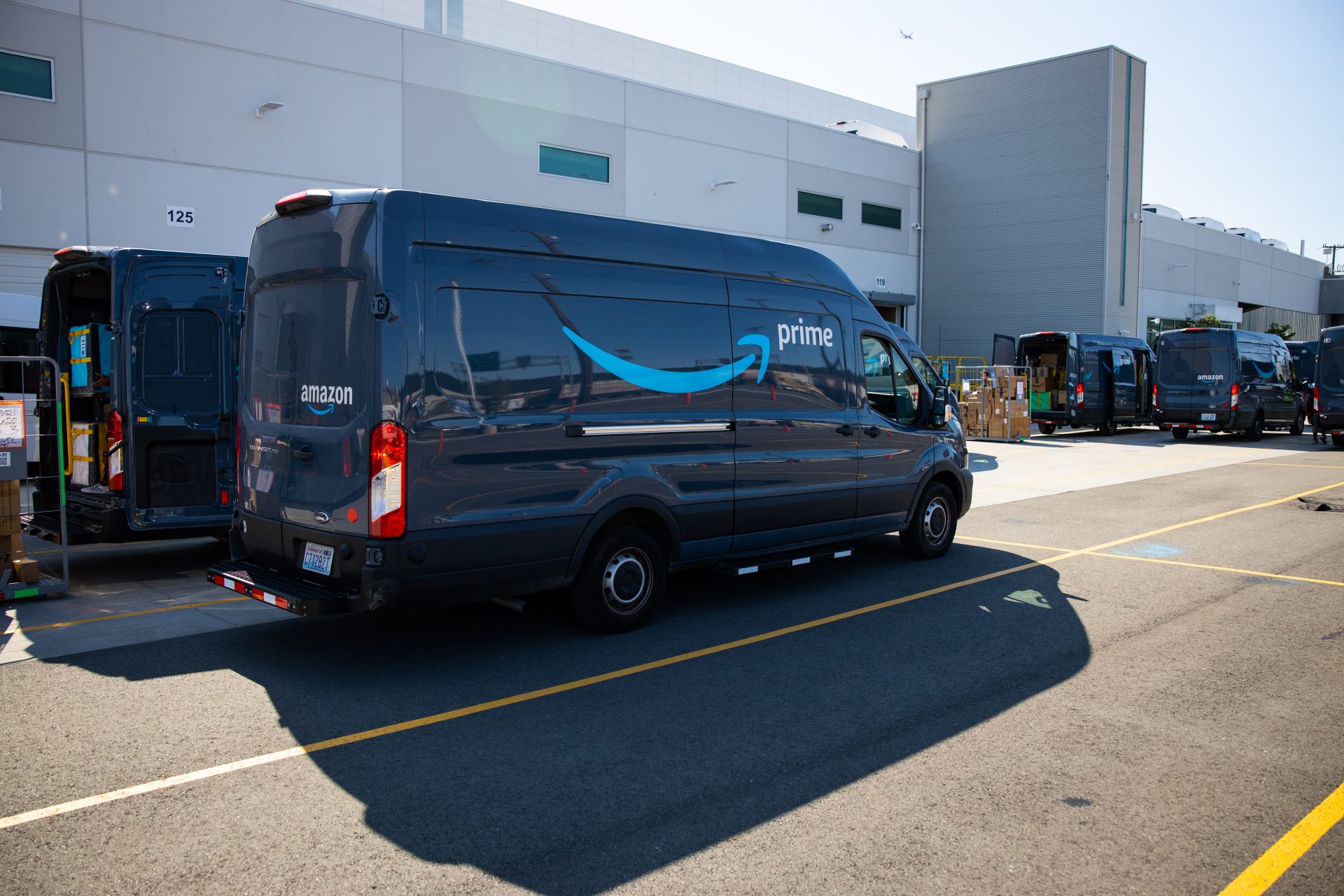For Amazon sellers in Pennsylvania, their marketplace inventory may not create an obligation to collect state sales tax after all.
The Pennsylvania Department of Revenue maintains that having inventory in Pennsylvania establishes a physical presence — and therefore a sales tax obligation — for out-of-state marketplace retailers. Based on this assertion, it’s seeking the right to collect back sales tax from remote Fulfillment by Amazon (FBA) sellers. FBA sellers fighting the assessment with the help of the Online Merchants Guild won an important victory on September 9, 2022.
In Online Merchants Guild v. Hassell, the Commonwealth Court of Pennsylvania determined FBA inventory is not sufficient to establish a sales tax collection requirement for nonresident FBA sellers.
“After careful review,” the opinion reads, “we hold that Revenue has failed to provide sufficient evidence that non-Pennsylvania businesses selling merchandise through the FBA Program (FBA Merchants), and whose connections to the Commonwealth were … limited to the storage of merchandise by Amazon in one of Amazon’s Pennsylvania warehouses, have sufficient contacts with the Commonwealth such that Revenue can mandate they collect and remit sales tax.”
Likewise, the department cannot require the FBA merchants to pay Pennsylvania personal income tax.
There are likely two things at play, says Scott Peterson, vice president of Government Relations at Avalara. “First, the court must believe that having physical presence in Pennsylvania can only be done intentionally and directly. Second, the court is offended that the state is trying to make small, out-of-state merchants pay back taxes after agreeing to not hold the world’s largest retailer equally liable.”
Physical presence must be intentional and direct
Peterson says the strongest argument made by the Online Merchants Guild is that a merchant loses control over their merchandise as soon as they put it into the Amazon fulfillment system.
Indeed, the court noted that FBA merchants have no control over their merchandise once Amazon receives it. “Amazon determines the location to which goods are shipped by an FBA Merchant.” An FBA merchant cannot select the warehouse to which its merchandise will be shipped unless it pays a fee to participate in Amazon’s FBA Inventory Placement Service. Even then, the inventory placement service governs only “the initial shipment of merchandise to Amazon.”
“The court seems to think that means a merchant didn’t intentionally and directly place property in Pennsylvania,” says Peterson.
It’s a fair point. Amazon itself says sellers participating in the FBA Inventory Placement Service “cannot choose the receive center or fulfillment center to which you send your shipment.” Furthermore, “the destination chosen by Amazon may vary from shipment to shipment.”
FBA sellers deserve a free pass too
Peterson may be right about the court being offended by how the state has treated Amazon versus Amazon’s sellers. As the opinion describes the facts, it sure sounds like Pennsylvania was helping Goliath while squashing David.
The opinion explains how Amazon agreed to voluntarily collect and remit Pennsylvania sales tax starting September 1, 2012 — but only for goods owned and sold by Amazon itself (i.e., direct sales). Amazon didn’t start collecting or remitting tax on third-party sales until April 1, 2018, when Pennsylvania’s marketplace facilitator law took effect.
The opinion also describes how Amazon isn’t liable for any sales tax owed for FBA sales made prior to April 1, 2018, thanks to a 2018 agreement between Amazon and Pennsylvania.
Apparently no such agreement was made on behalf of FBA sellers, because as early as 2017, the Pennsylvania Department of Revenue began “developing a strategy for collecting sales tax from FBA Merchants that had a physical presence in the Commonwealth.” Per the opinion, “FBA Merchants, who were not parties to the 2018 Agreement, remained obligated to pay any outstanding sales tax for pre-April 1, 2018 FBA sales and for any FBA sales made after that date ‘if Amazon messed up’ and failed to collect sales tax.”
The department doesn’t appear to have acted right away, but in 2021, it sent FBA merchants (Online Merchants Guild members) a Business Activities Questionnaire Request that read “storing property, including inventory, at a distribution or fulfillment center or at any other location within Pennsylvania, constituted a physical presence that created tax obligations.”
The recipients were offered an opportunity to participate in a voluntary compliance program that would limit the lookback period so long as they submitted the request within 15 days. Failure to provide the requested information would “result in additional enforcement actions and the business [would] forfeit any penalty relief or limited lookback provisions provided by the Compliance Program.”
It seems that no FBA merchants have received a sales tax assessment based on their Amazon inventory as of yet. If the September 9 ruling in Online Merchants Guild v. Hassell stands, none will.
How will the Pennsylvania ruling affect similar situations in other states?
Pennsylvania isn’t the only state in which inventory in the state establishes a requirement to collect and remit sales tax. More than 20 states specify that marketplace inventory creates a sales tax obligation, including California, Ohio, and Washington.
Whether the September 9 ruling will affect how these states assess sales tax is unclear. Peterson says it probably depends on what types of positions the courts in those states have taken. “Precedent can box a court into a position they might not otherwise take.”
Thanks for reading CPA Practice Advisor!
Subscribe Already registered? Log In
Need more information? Read the FAQs
Tags: Sales Tax





